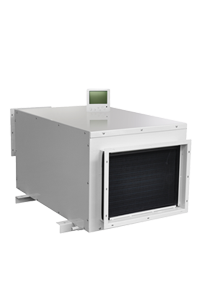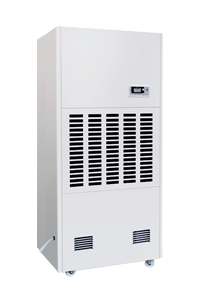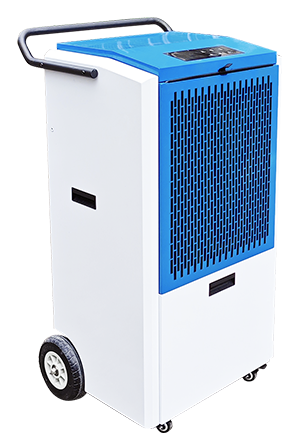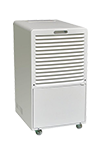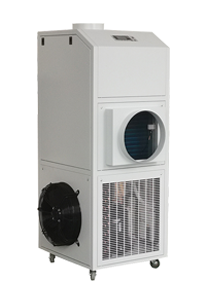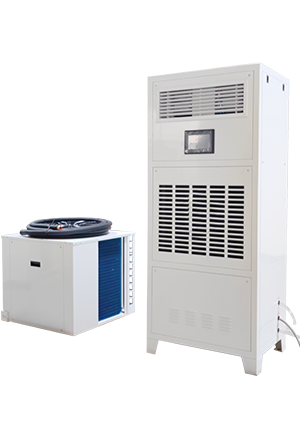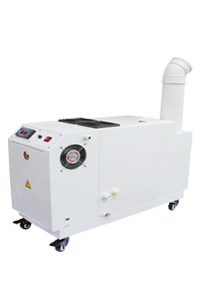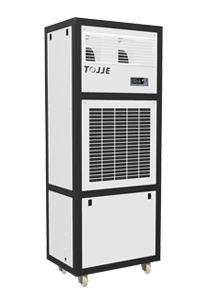News
Industrial dehumidifiers play a crucial role in maintaining optimal humidity levels in manufacturing plants, ensuring product quality, equipment longevity, and worker comfort. They are designed to handle large-scale environments with high moisture loads.
Key Benefits of Industrial Dehumidifiers in Manufacturing Plants
- Moisture Control for Materials and Equipment
- Improved Product Quality
- Enhanced Workplace Safety
- Energy Efficiency
- Compliance with Industry Standards
Prevents corrosion, mold growth, and condensation on machinery and raw materials.
Essential for industries like electronics, pharmaceuticals, and food processing where moisture can damage products.
Ensures consistent environmental conditions for products such as textiles, paper, and wood that are sensitive to humidity changes.
Maintains accurate drying processes in paint booths, powder coating lines, and curing chambers.
Reduces the risk of slippery floors caused by condensation.
Prevents moisture-induced electrical faults and short circuits in production lines.
Modern industrial dehumidifiers incorporate energy recovery systems to reduce operating costs.
Meets strict environmental control requirements in sectors like pharmaceuticals, food production, and aerospace.
Types of Industrial Dehumidifiers for Manufacturing Plants
- Refrigerant (Condensation) Dehumidifiers
- Desiccant Dehumidifiers
- Ceiling-Mounted Dehumidifiers
- Portable Industrial Dehumidifiers
Ideal for warm environments with moderate to high humidity levels.
Efficient in areas where temperatures exceed 15°C (59°F).
Best for low-temperature environments or where ultra-low humidity levels are required.
Suitable for industries such as pharmaceutical production, cold storage, and drying rooms.
Space-saving solution designed for overhead installation.
Ideal for production facilities with limited floor space.
Provide flexible solutions for temporary humidity control in targeted areas.
Key Features to Consider
✅ High extraction capacity — Models with 50 to 1,000+ liters/day capacity for large spaces.
✅ Durable construction — Stainless steel housing for corrosion resistance.
✅ Automated controls — Integrated humidistats for precise humidity regulation.
✅ Energy-efficient designs — Heat recovery options to optimize energy consumption.
✅ Air filtration systems — To improve indoor air quality alongside moisture control.

